Tag: cultural heritage
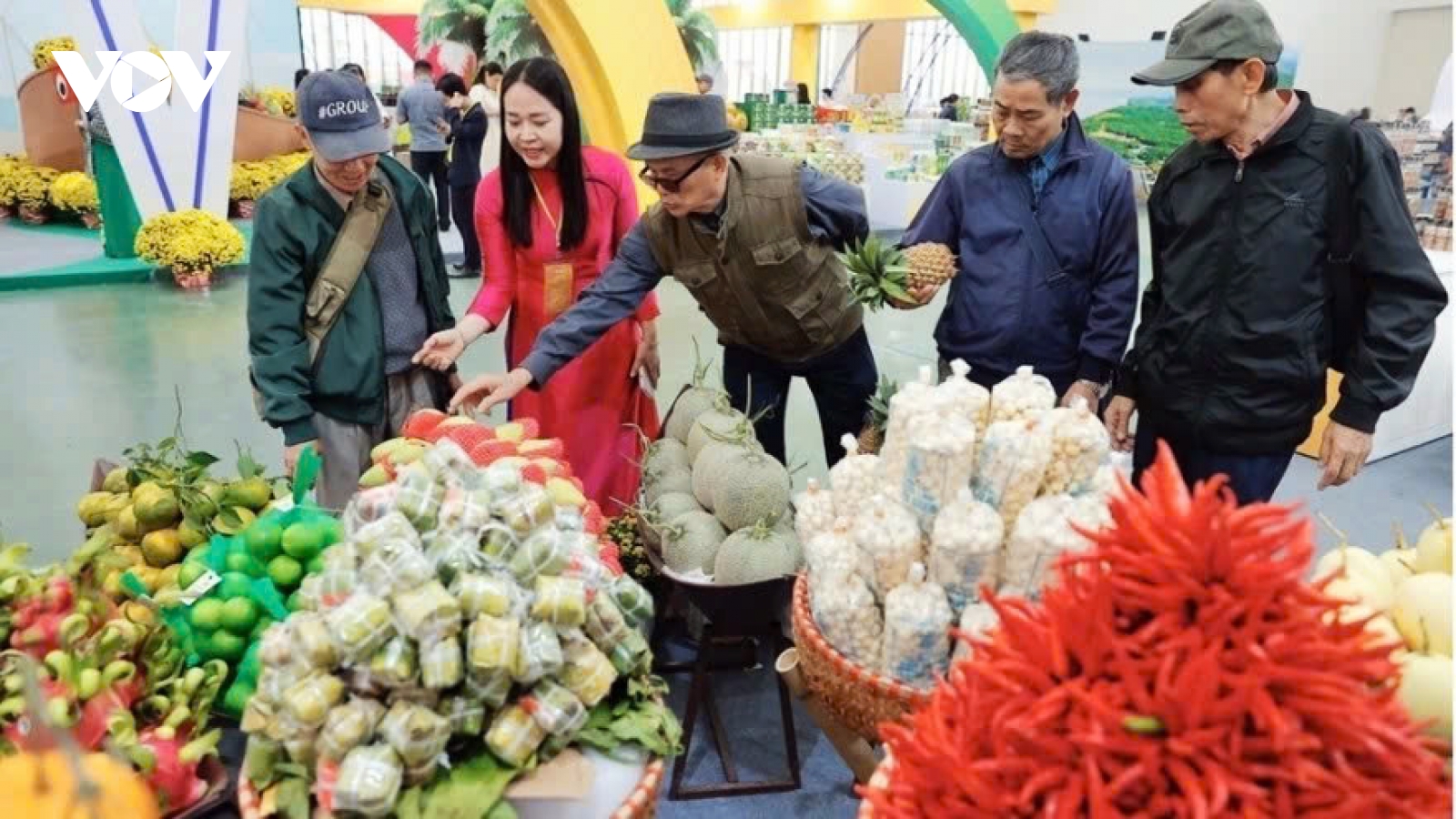
Regional specialties draw visitors to Vietnam Spring Fair 2026
VOV.VN - The first Spring Fair 2026 in Hanoi is bringing together regional specialties from across Vietnam, offering visitors a chance to shop for local products while exploring the country’s diverse culinary traditions and cultural heritage.

UNESCO provides emergency support to Vietnam to safeguard cultural heritage
The United Nations Educational, Scientific and Cultural Organisation (UNESCO) on January 23 announced an emergency assistance package worth US$740,000 to help Vietnam protect cultural heritage and sustain education in areas heavily affected by a series of severe storms that struck the country in November 2025.

New check-in spots open for young visitors at Hanoi Museum from February 3
VOV.VN - After a period of closure for content preparation, the Hanoi Museum will welcome visitors again from February 3, featuring “Long Ma khai van,” a themed show highlighting the nation’s historical and cultural heritage, which also marks the opening of the museum’s second-phase exhibition space.
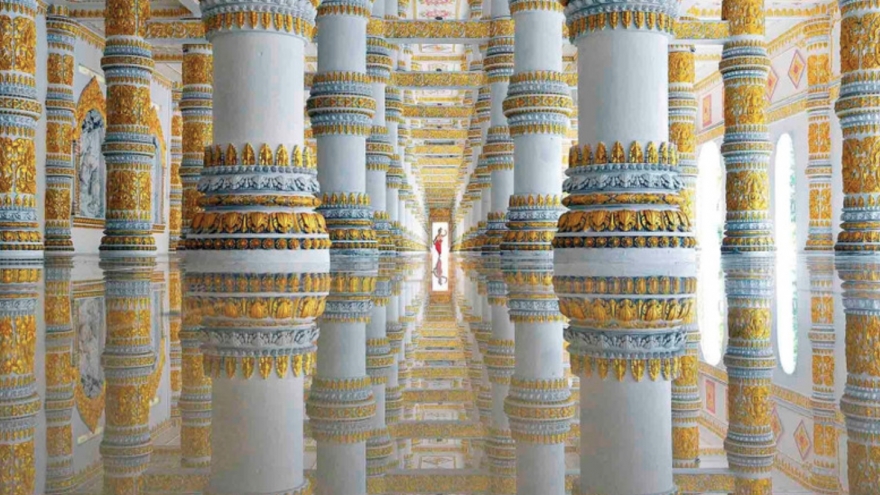
National photo contest and exhibition on Vietnam cultural heritage launched
VOV.VN - The Vietnam Association of Photographic Artists has officially launched the 2026 national photo contest and exhibition titled “Vietnam’s Cultural Heritage,” releasing the competition rules and calling for participation from both professional and amateur photographers.
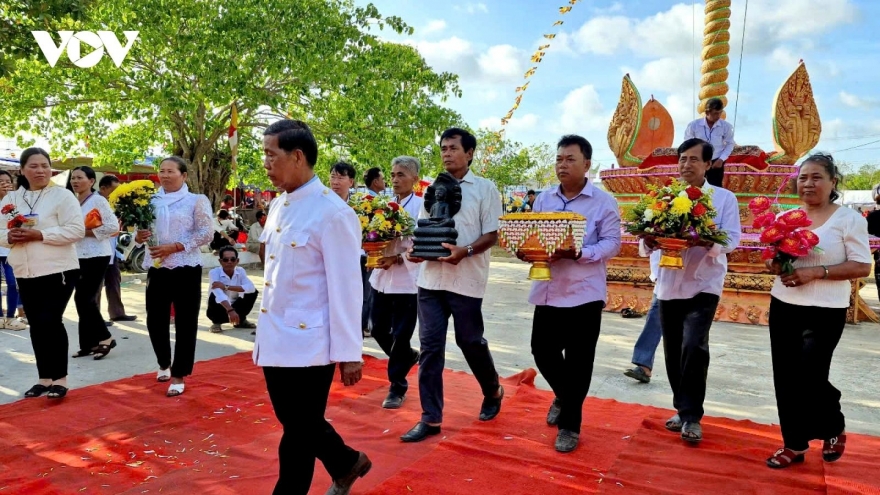
Preserving cultural identity of Khmer people in southern Vietnam
VOV.VN - The traditional cultural values of the Khmer community in southern Vietnam continue to be preserved and passed down through generations, forming a distinctive cultural identity rooted in music, language, festivals, folk dances and traditional attire.

Hanoi girl crowned Miss Vietnam Tourism 2026
VOV.VN - Nguyen Phuong Linh, a 23-year-old contestant from Hanoi, was crowned Miss Vietnam Tourism 2026 at a grand finale held in the northern mountain resort of Sa Pa of January 10.

Vietnam adds 5 new elements to national intangible cultural heritage list
VOV.VN - Vietnam has added five cultural practices and festivals to its national list of intangible cultural heritage, highlighting the country’s efforts to preserve traditional knowledge, rituals and community-based customs.
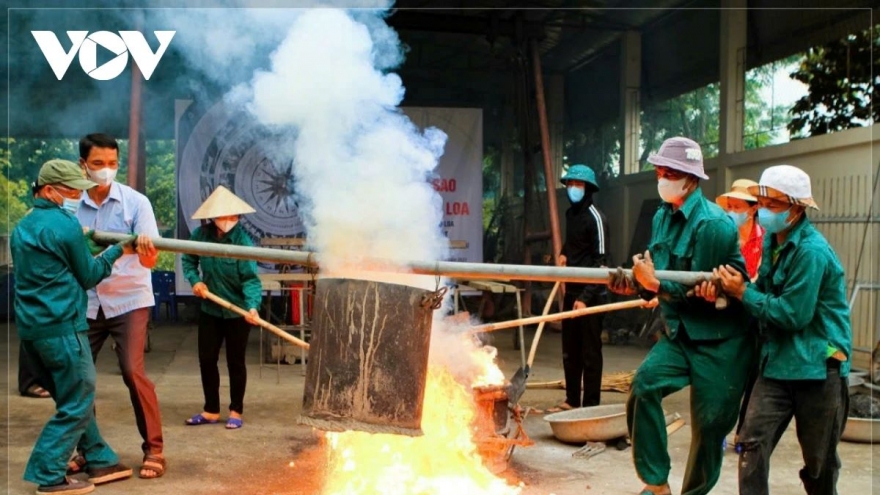
Bronze casting village in Thanh Hoa fires up for Lunar New Year orders
VOV.VN - Furnaces are burning steadily in Tra Dong bronze casting village in Thieu Trung commune, northern Thanh Hoa province, as craftsmen work against the clock to fulfill Lunar New Year orders, the busiest season of the year for the traditional craft.
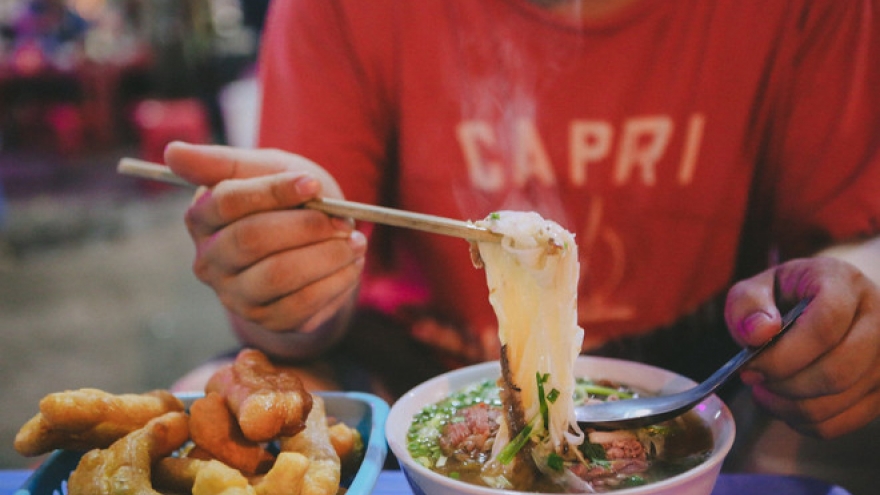
Pho, water puppetry to be proposed for UNESCO intangible cultural heritage listing
Deputy Prime Minister Mai Van Chinh has agreed in principle to the preparation of scientific dossiers on pho (rice noodle soup) and water puppetry as intangible cultural heritage, to be submitted to UNESCO for inscription on its heritage lists.
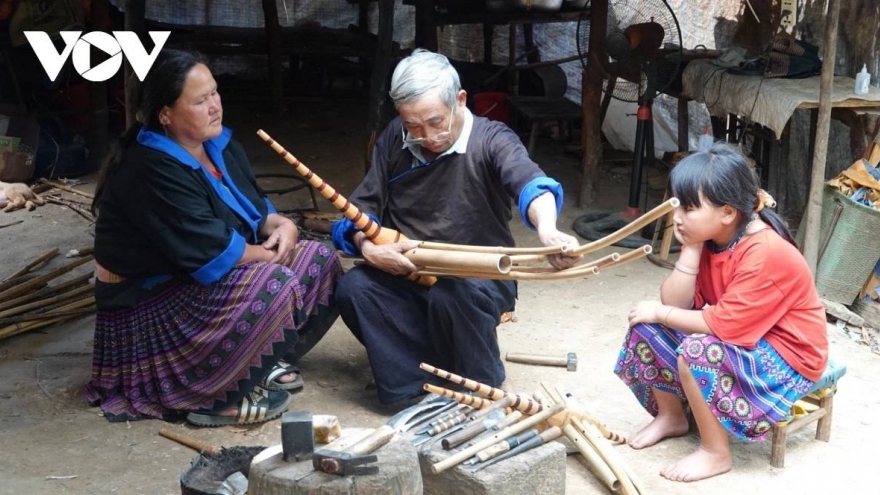
Efforts underway to preserve Mong panpipe tradition
VOV.VN - Efforts are underway in the highland commune of Mu Cang Chai (Lao Cai province) to safeguard the traditional Mong panpipe, an art form recognised as a national intangible cultural heritage of Vietnam.
